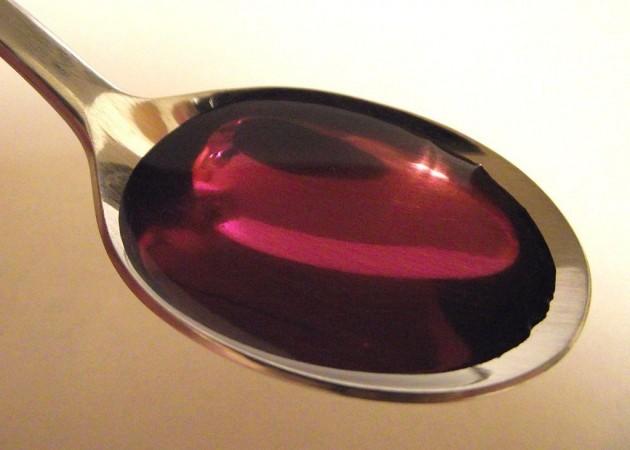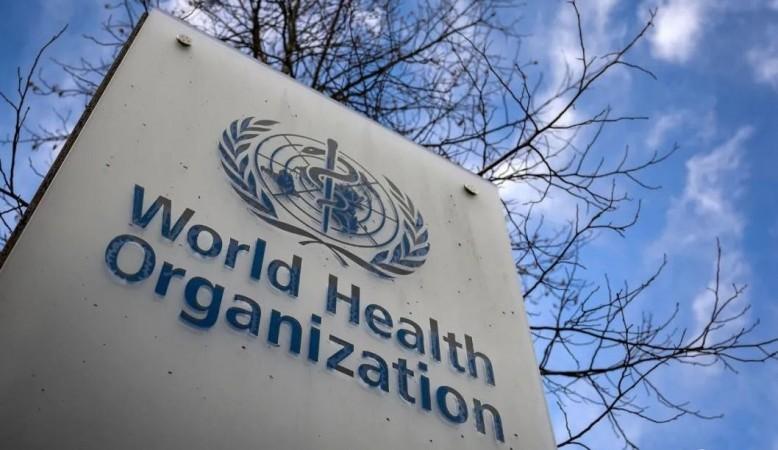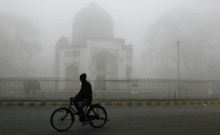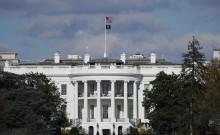The Central Drugs Standard Control Organisation (CDSCO), India's top drug regulator, has disclosed that two Indian manufacturers produced at least five batches of cough and allergic rhinitis syrups containing higher-than-permissible levels of toxic contaminants—diethylene glycol and ethylene glycol. This development follows previous concerns raised by the World Health Organisation (WHO) regarding contaminated syrups originating from India.
In August, testing revealed contamination in cough syrup and allergic rhinitis syrup from a Gujarat-based company. The cough syrup contained 0.118 percent ethylene glycol, while the allergic rhinitis syrup had 0.171 percent ethylene glycol and 0.243 percent diethylene glycol, exceeding the WHO's acceptable safety limit of 0.10 percent, as reported by The Indian Express.

Additionally, three batches of paracetamol syrup from a Tamil Nadu-based company were found to contain the contaminants. Two batches exhibited high levels of both contaminants, with ethylene glycol content reaching alarming levels—1.9 percent and 2.23 percent, according to the CDSCO report. In August, the WHO issued an alert regarding the same company, citing contaminated samples collected from Iraq.
Christian Lindmeier, a WHO spokesperson, disclosed that over 20 products from two countries, India and Indonesia, involving more than 15 different manufacturers, have been affected. These products primarily consist of cough syrup, paracetamol syrup, or vitamin syrup. The commonality in these syrups is the use of propylene glycol as a solvent, suggesting it could be the source of diethylene glycol or ethylene glycol contamination.

Although investigations are ongoing, the WHO cannot currently confirm a direct link between these incidents. Alarmingly, there have been documented cases of India-manufactured syrups with diethylene glycol or ethylene glycol contamination, leading to fatalities in countries such as the Gambia and Uzbekistan. The WHO previously raised concerns about 20 products from 15 different manufacturers in India and Indonesia being contaminated, prompting necessary actions to protect public health.















